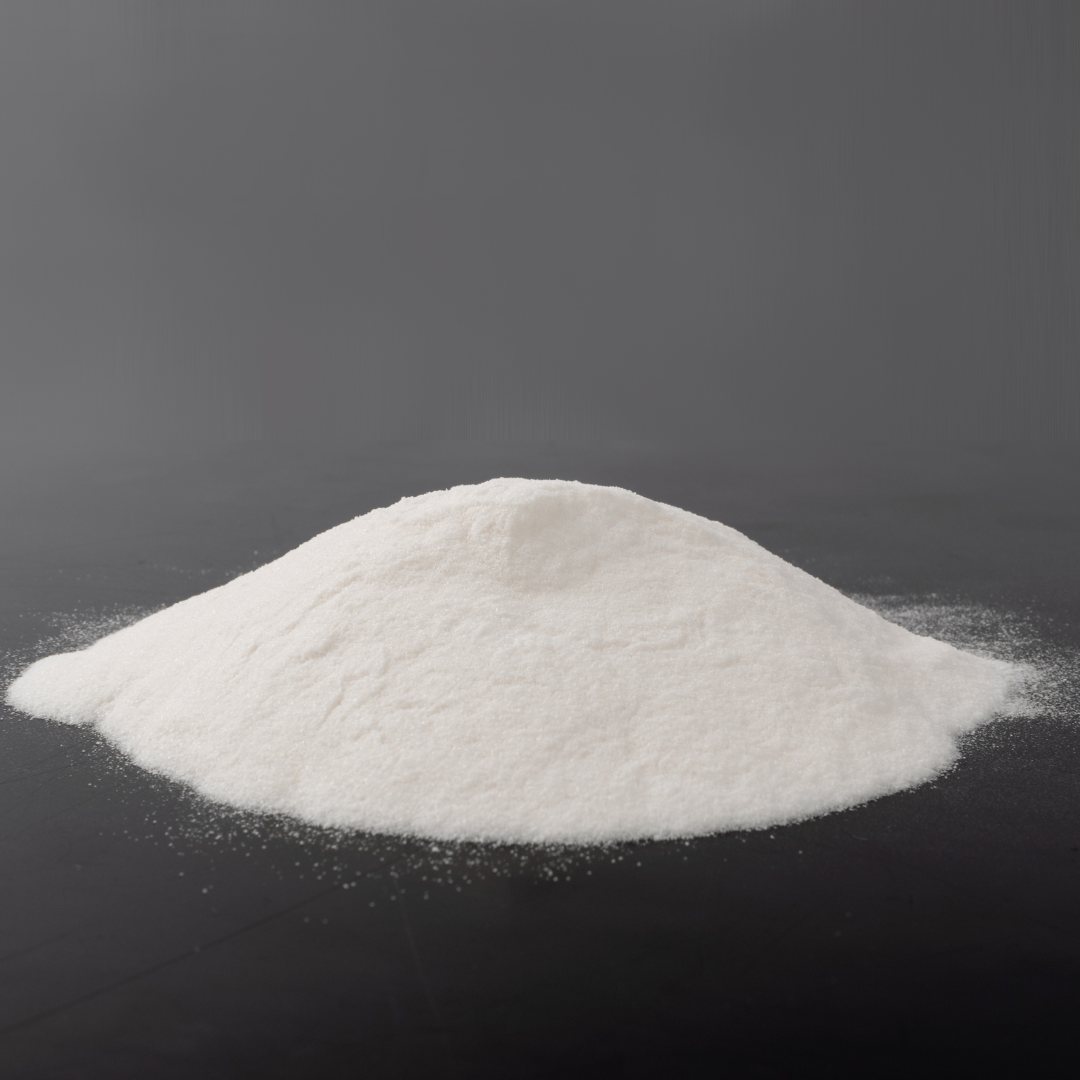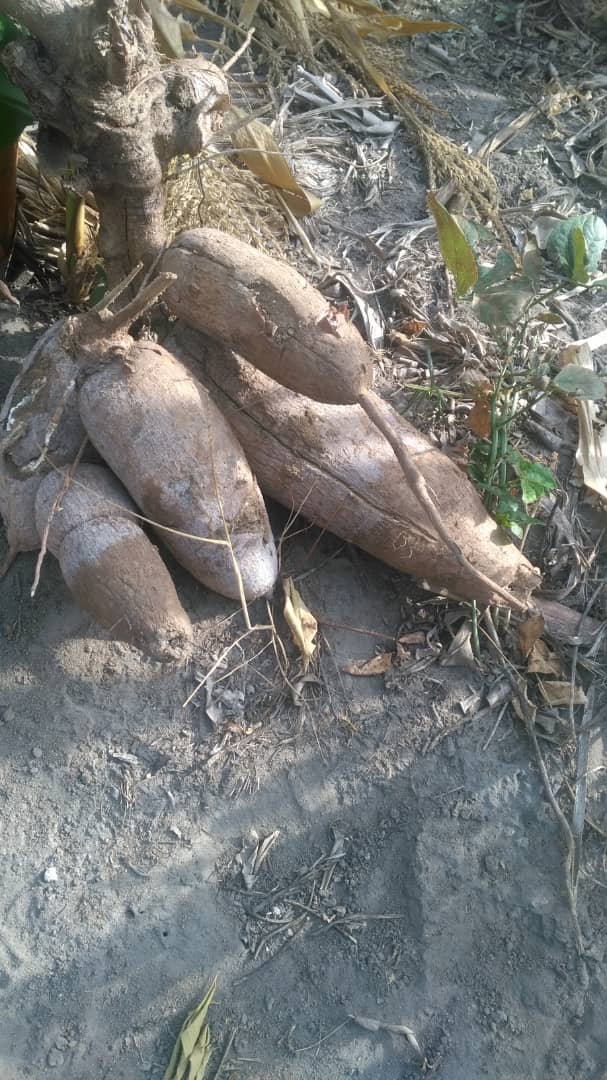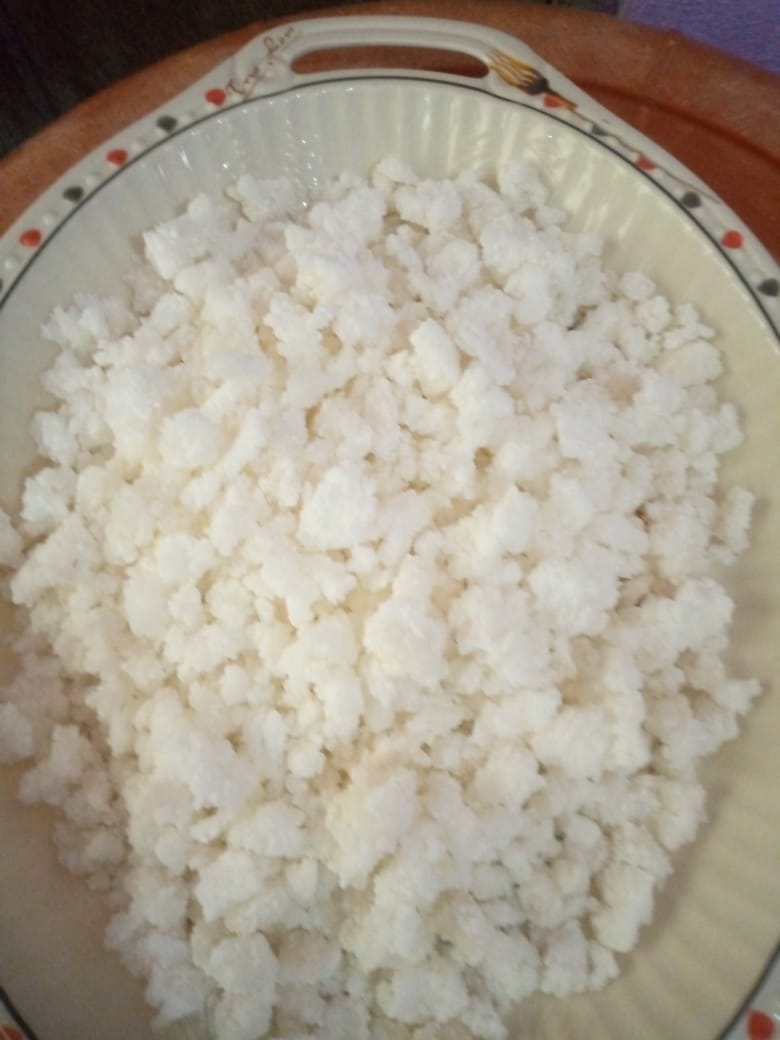Maniokmehl
Standort des Lieferanten : Ghana| Produktart / CAS Nummer / Zusatzbezeichnung |
Cassava |
| Genetische Art |
Mit GMO |
| Verfügbare Menge |
30.0 Metrische Tonne |
| Bezugsmöglichkeiten |
Lieferung oder Abholung |
| Menge pro Verpackungseinheit |
1.0 Metrische Tonne |
| Handelseinheit |
Metrische Tonne |
| Ursprungsland |
Ghana |
| Incoterms |
CIF
|
| Mindestbestellmenge |
3.0 Metrische Tonne |
| Preis pro Handelseinheit |
|
| MHD |
|
| Unternehmenszertifikate |
| Verpackungseinheiten |
Container
|
CASSAVA PRODUCTION IN GHANA. Cassava (Manihot esculenta Crantz) is an important food security and income-generating crop cultivated by many smallholder farmers globally, mainly in developing countries. The significance of cassava in the food system of Ghanaians cannot be underestimated. As a main staple crop, cassava contributes about 22% and 30% to the Agricultural Gross Domestic Product(AGDP) and daily calories intake respectively. Per capita consumption of 152kg makes it the highest among all food crops. Due to cassava’s significance, the government and donor agencies have paid lots of attention as far as policy implementation and improvement is concern. This has yielded substantial results in terms of the development of cassava varieties and agronomic practices. Base on cassava technologies development and research, Ghana has released and disseminated 25 new cassava varieties to smallholder farmers since 1993. Again, the crop is gradually gaining attention as an industrial crop for flour, starch, and alcohol production, a drive that would further improve on returns to farmers. It is a food security crop because it is robust, produces more per unit area, and versatile for multiple usages in household foods and derivatives. Furthermore, between 2009 and 2018 cassava production, the area planted and per capita consumption averaged 16,190,210 Mt, 897,230 ha and 152.9 respectively. Conclusion, these are some of the farming communities in the Volta region of Ghana that cultivate cassava on a large scale: Weta, Ehie, Klikor, and it’s catchment areas, Dzodze, Penyi, Afife, Abor, Akasti, and Avenorfedo respectively.
Produktunterlagen
Keine Dokumente




